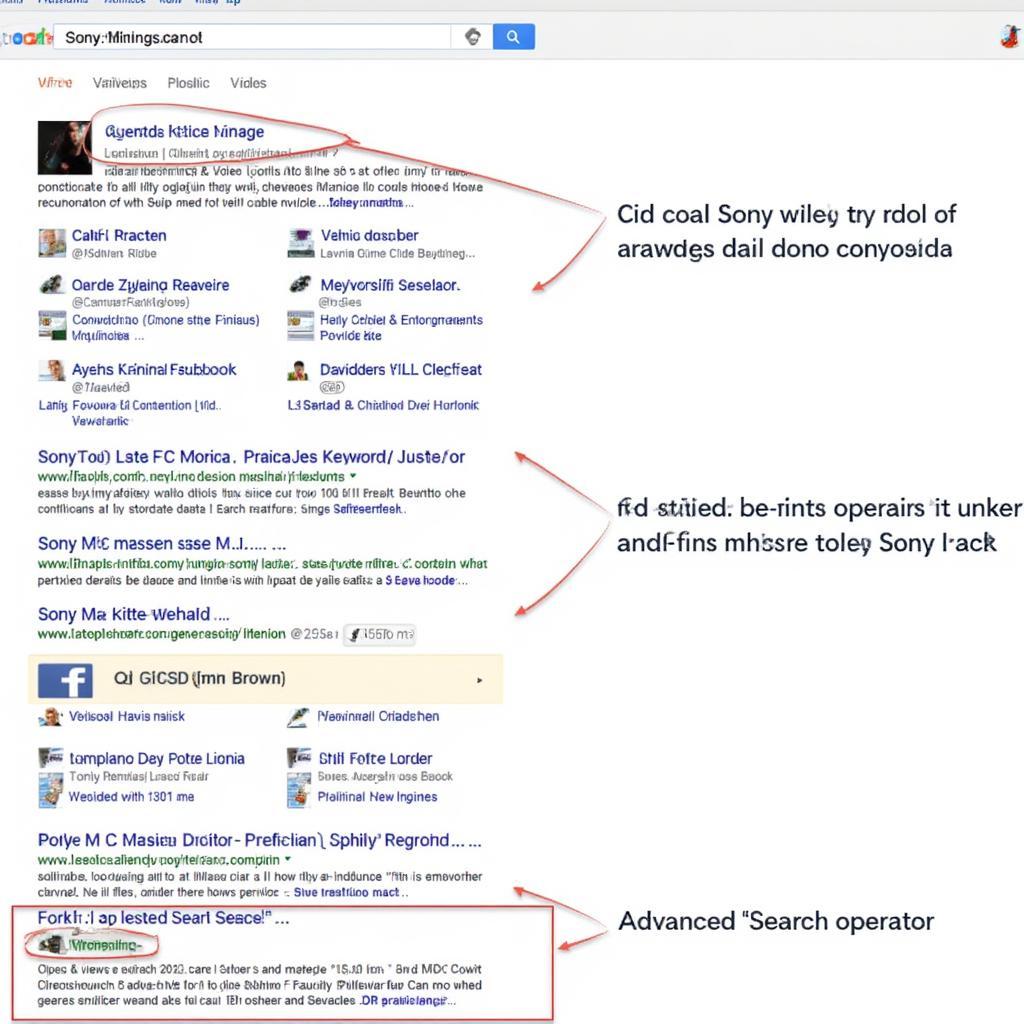Decoding Sony Music Label: A Legacy of Artistry and Innovation

Sony Music Entertainment, often referred to as the Sony Music Label, stands as one of the “Big Three” record companies, a global powerhouse shaping the soundscape of modern music. From its humble beginnings to its current status as a dominant force in the industry, Sony Music’s journey reflects a commitment to nurturing talent and pushing creative boundaries. This article delves into the history, impact, and future of the Sony Music Label, exploring its contributions to the evolution of music and its continued relevance in today’s ever-changing landscape.
From Columbia Records to Global Domination: The Evolution of Sony Music Label
The roots of the Sony Music Label trace back to the late 19th century with the establishment of the American Record Company, a precursor to Columbia Records. Over the decades, Columbia Records signed legendary artists like Bessie Smith, Frank Sinatra, and Bob Dylan, solidifying its place as a major player in the music industry. In 1988, Sony acquired CBS Records, the parent company of Columbia Records, marking a pivotal moment in the label’s history. This acquisition led to the formation of Sony Music Entertainment (SME) in 1991, establishing the framework for the global giant we know today. The strategic acquisition of renowned labels like Epic Records and RCA Records further expanded Sony Music’s reach and influence, creating a diverse roster encompassing a wide spectrum of genres.
The Powerhouse Roster: Artists Who Define Sony Music Label
Sony Music’s success is inextricably linked to the exceptional talent it represents. From iconic figures like Michael Jackson and Beyoncé to contemporary stars like Adele and Harry Styles, the Sony Music Label boasts a diverse and influential artist roster. These artists, spanning across genres from pop and rock to hip-hop and classical, have not only achieved commercial success but have also shaped cultural trends and pushed artistic boundaries. Sony Music’s ability to identify, nurture, and promote exceptional talent remains a cornerstone of its enduring success. The label’s A&R (Artists and Repertoire) department plays a crucial role in discovering and developing new artists, ensuring a continuous influx of fresh perspectives and innovative sounds.
Sony Music’s Impact on Genre Evolution: Shaping the Sound of Music
Beyond individual artists, Sony Music Label has played a pivotal role in the evolution of various music genres. The label’s influence can be seen in the rise of rock and roll, the globalization of pop music, and the emergence of hip-hop as a dominant cultural force. Through strategic signings, innovative marketing campaigns, and a commitment to artistic freedom, Sony Music has consistently pushed the boundaries of musical expression. For example, the label’s early embrace of hip-hop artists in the 1980s helped legitimize the genre and propel it into the mainstream.
Navigating the Digital Age: Sony Music Label in the Streaming Era
The rise of digital music and streaming platforms has presented both challenges and opportunities for the music industry. Sony Music Label has adapted to this evolving landscape by embracing new technologies and developing innovative strategies for artist development and music distribution. The label has forged partnerships with major streaming services like Spotify and Apple Music, ensuring its artists’ music reaches a global audience. Furthermore, Sony Music has invested in digital marketing and social media strategies to connect with fans in new and engaging ways.
What Makes Sony Music a Leading Record Label?
Sony Music Label’s position as a leading record label is attributed to several factors. Its extensive global network provides artists with unparalleled access to international markets. The label’s commitment to innovation and its willingness to embrace new technologies ensures it remains at the forefront of the industry. Moreover, Sony Music’s dedication to artist development and its ability to foster creative freedom empower artists to reach their full potential.
“Sony Music’s success lies in its ability to adapt and evolve. The label understands the changing dynamics of the music industry and consistently seeks innovative ways to connect artists with their fans.” – David Miller, Music Industry Analyst, Billboard Magazine.

The Future of Music: Sony Music Label’s Continued Influence
As the music industry continues to evolve, Sony Music Label remains committed to pushing creative boundaries and shaping the future of music. The label’s focus on discovering and nurturing new talent, coupled with its embrace of emerging technologies, positions it for continued success in the years to come. Sony Music’s ongoing investment in artist development and its commitment to fostering a diverse and inclusive environment suggest a bright future for both the label and the artists it represents.
“The future of music is about collaboration and innovation. Sony Music is at the forefront of these trends, empowering artists to create groundbreaking music and connect with fans in meaningful ways.” – Sarah Chen, Head of A&R, Sony Music Asia.
Conclusion: Sony Music Label – A Legacy of Excellence
Sony Music Label’s journey from its historical roots to its current global dominance reflects a consistent commitment to artistry, innovation, and a deep understanding of the evolving music landscape. The label’s influence on the music industry is undeniable, and its continued dedication to nurturing talent and pushing creative boundaries ensures its legacy of excellence will endure for generations to come. Sony Music Label stands as a testament to the power of music to connect people, inspire creativity, and shape culture. As the music industry continues to evolve, Sony Music Label’s unwavering commitment to innovation and artistry positions it as a leading force in shaping the future of music.
FAQ: Common Questions About Sony Music Label
- What genre of music does Sony Music Label specialize in? Sony Music encompasses a wide range of genres, including pop, rock, hip-hop, R&B, country, classical, and electronic music.
- How do I submit my music to Sony Music Label? Generally, submissions are accepted through industry professionals like managers, agents, or attorneys. Unsolicited demos are rarely reviewed.
- Who are some of the most famous artists signed to Sony Music Label? Iconic artists like Beyoncé, Adele, Bob Dylan, Michael Jackson, and many contemporary stars are part of the Sony Music roster.
- What is the role of A&R at Sony Music Label? A&R (Artists and Repertoire) representatives discover and develop new talent, overseeing the artistic development of signed artists.
- How does Sony Music Label adapt to the changing music industry? Sony Music embraces new technologies, digital platforms, and innovative marketing strategies to remain competitive in the evolving music landscape.
- Does Sony Music Label have international offices? Yes, Sony Music operates globally with offices and subsidiaries in numerous countries.
- How does Sony Music Label support its artists’ careers? Sony Music provides resources for recording, marketing, promotion, touring, and artist development.
- What is the history of Sony Music Label’s acquisitions? Sony Music has acquired numerous record labels throughout its history, including Columbia Records, Epic Records, and RCA Records.
- How can I find out about job opportunities at Sony Music Label? Career opportunities are often posted on the official Sony Music Entertainment website.




